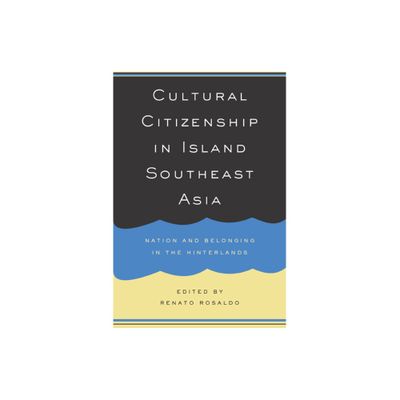Home
The Broken Hoe: Cultural Reconfiguration in Biase Southeast Nigeria
Loading Inventory...
Barnes and Noble
The Broken Hoe: Cultural Reconfiguration in Biase Southeast Nigeria
Current price: $40.00


Barnes and Noble
The Broken Hoe: Cultural Reconfiguration in Biase Southeast Nigeria
Current price: $40.00
Loading Inventory...
Size: OS
*Product Information may vary - to confirm product availability, pricing, and additional information please contact Barnes and Noble
In this study of the Biase, a small ethnic group living in Nigeria's Cross River State, David Uru Iyam attempts to resolve a long-standing controversy among development theorists: must Third World peoples adopt Western attitudes, practices, and technologies to improve their standard of living or are indigenous beliefs, technologies, and strategies better suited to local conditions?
The Biase today face social and economic pressures that seriously strain their ability to cope with the realities of modern Nigeria. Iyam, an anthropologist and a Biase, examines the relationship between culture and development as played out in projects in local communities.
Western technologies and beliefs alone cannot ensure economic growth and modernization, Iyam shows, and should not necessarily be imposed on poor rural groups who may not be prepared to incorporate them; neither, however, is it possible to recover indigenous coping strategies given the complexities of the postcolonial world. A successful development strategy, Iyam argues, needs to strengthen local managerial capacity, and he offers suggestions as to how this can be done in a range of cultural and social settings.
The Biase today face social and economic pressures that seriously strain their ability to cope with the realities of modern Nigeria. Iyam, an anthropologist and a Biase, examines the relationship between culture and development as played out in projects in local communities.
Western technologies and beliefs alone cannot ensure economic growth and modernization, Iyam shows, and should not necessarily be imposed on poor rural groups who may not be prepared to incorporate them; neither, however, is it possible to recover indigenous coping strategies given the complexities of the postcolonial world. A successful development strategy, Iyam argues, needs to strengthen local managerial capacity, and he offers suggestions as to how this can be done in a range of cultural and social settings.














